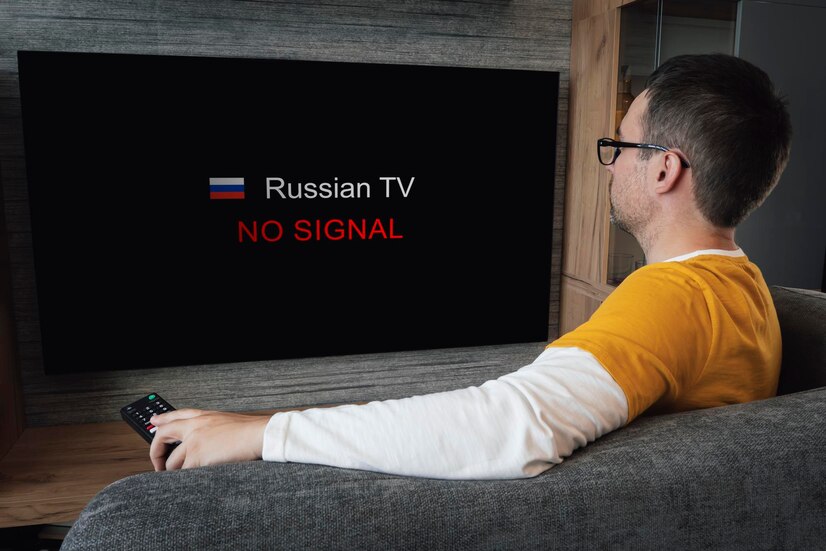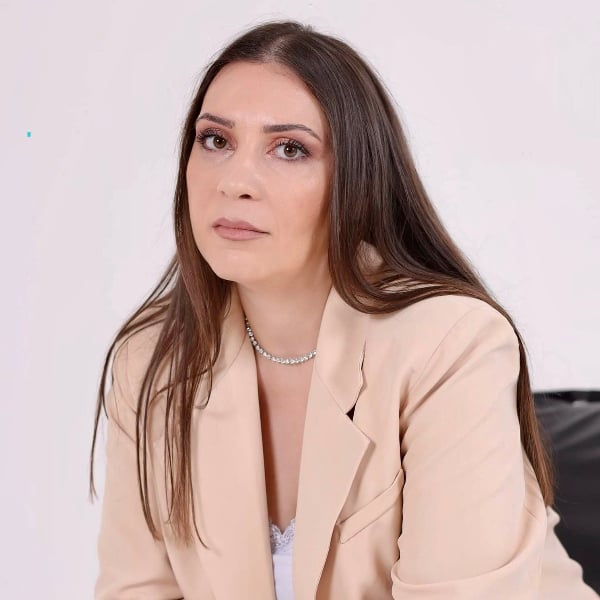
The removal of Russian TV channels from the public multiplex in Armenia has sparked debates among experts and politicians.
We are talking about “RTR Planeta,” “Channel One,” and “Kultura” TV channels. “RTR Planeta” airs throughout Armenia, while the others are only available in Yerevan.
These channels were included in the public multiplex in Armenia, as per the Armenian-Russian interstate agreement “On cooperation in the field of mass telecommunications,” which remains in effect until 2027.
CNN used to be broadcasted on the public multiplex in Armenia many years ago. However, after 2021, the law was amended, and a new condition was established that required television channels to be state-owned to be granted a license. As a result, CNN broadcasting was stopped. Unlike Russian channels, no interstate agreement was signed with the United States to continue broadcasting CNN since there are no state-owned television stations in the United States.
As of now, among all the post-Soviet countries, Armenia is the only one that includes Russian TV channels in its public multiplex. Even countries like Kazakhstan or Tajikistan, allied with Russia, do not have any such channels listed on their public multiplex.
The discussions are not about removing these channels from the airwaves but rather limiting their broadcast to cable or satellite channels, similar to CNN.
Tigran Hakobyan, the Commission on Television and Radio chairman, stated on Public TV that foreign TV channels, including Russian, French, and American ones, should not be included in the multiplex.
“For the past four years, I have advocated excluding foreign broadcasters from the public multiplex. My perspective is based on international experience and common sense. The public multiplex should be reserved solely for Armenian television companies, regardless of their political stance. All those who broadcast Armenia’s information agenda in the national language should be included. It is important to note that foreign agendas, whether friendly or not, do not align with our national interests,” he says.
Tigran Hakobyan mentioned during the interview that there exist foreign TV channels that are part of public multiplexes in different countries. However, these channels are translated into the host country’s language and focus solely on public interest without political interest.
As per the fifth point of the Armenian-Russian agreement, broadcasting offensive programs against national values and content that interferes with internal political life is prohibited.
However, according to Tigran Hakobyan, “RTR Planeta” and “Channel One” regularly violate journalistic standards by broadcasting loud and disruptive political talk shows and interviews.
In particular, we are talking about the opinions expressed on Vladimir Solovyov’s program, which often features pro-Azerbaijani or Azerbaijani political scientists and individuals of Armenian descent, such as Margarita Simonyan and her husband.
Tigran Hakobyan says such programs create a certain information background in Armenia and aim to influence public opinion on specific issues.
Tigran Hakobyan stated that in 2013, Armenia announced its entry into the Eurasian Economic Union. However, prior to the announcement, a short but intense propaganda campaign was conducted, and Armenia was subjected to informational terrorism from Russian airwaves. As a result, Armenia signed the documents with little resistance from the people.
According to Boris Navasardyan, the head of the Yerevan press club for the past 28 years, the Russian state media has always conducted anti-Armenian propaganda. However, Navasardyan notes that this propaganda has intensified in the aftermath of recent political events. He shared his views in a conversation with Factor.tv.
“Anna Hakobyan’s visit to Kyiv or the ratification of the Rome Statute intensified anti-Armenian propaganda in Russian media,” explains Navasardyan.
Although still under discussion, Maria Zakharova, the official representative of the Russian Foreign Ministry, has already characterized it as a violation of freedom of speech.
“If such thoughts are circulating, it suggests that democratic principles, which were prioritized in Armenia, are being violated,” says Navasardyan.
It is currently uncertain whether discussions to limit the terrestrial broadcasting of Russian state channels in Armenia will come to fruition. The Ministry of High-tech Industry has yet to make any comments regarding the existence of any relevant legislative initiatives.


Add new comment
Comments by Media.am readers become public after moderation. We urge our readers not to leave anonymous comments. It’s always nice to know with whom one is speaking.
We do not publish comments that contain profanities, non-normative lexicon, personal attacks or threats. We do not publish comments that spread hate.